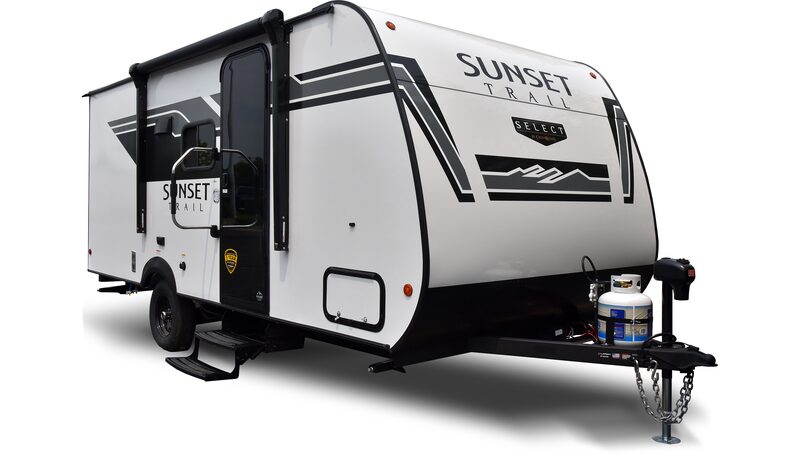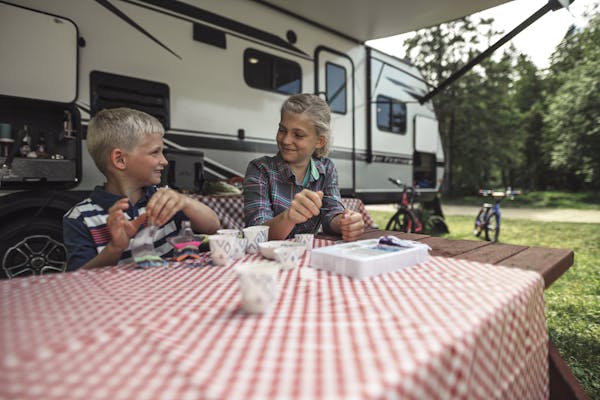Brandy and her family are avid campers who enjoy exploring nature and being outside. She is the co-author of Midwest Road Trip Adventures. When she’s not traveling or adventuring, you can find Brandy homeschooling her kids and helping with her grandkids. Brandy and her husband Matt love to RV in their Heartland Sundance Ultra-Lite Travel Trailer.
Learn
Roadschooling: Educating Through National Parks
Here’s how you can turn your next national park visit into a fun lesson plan for kids.









